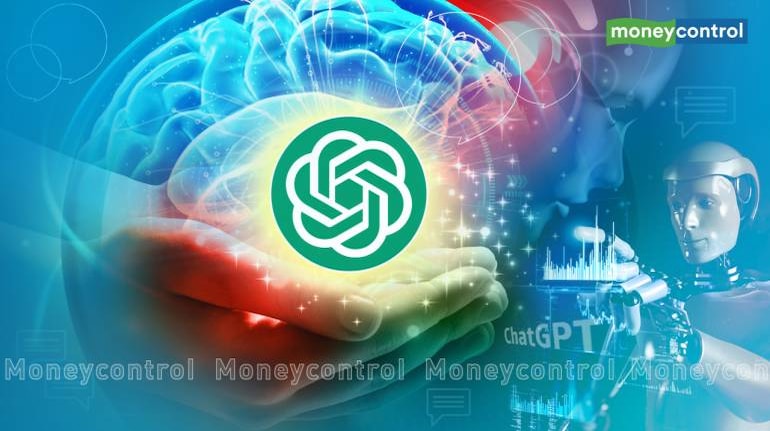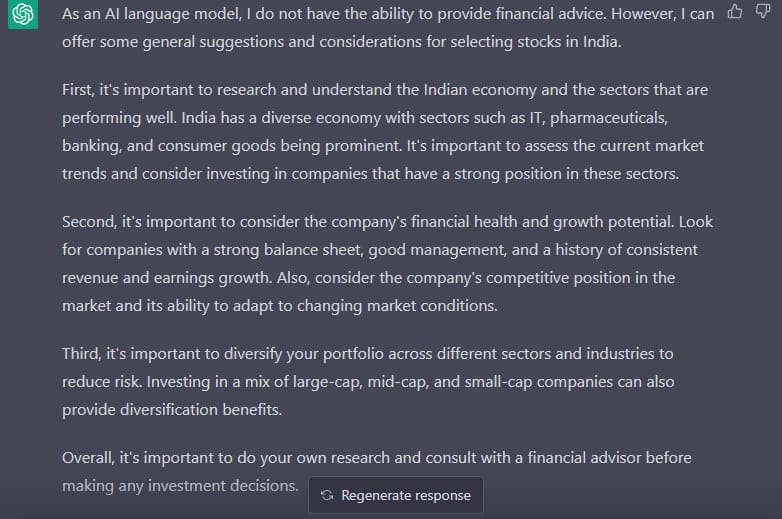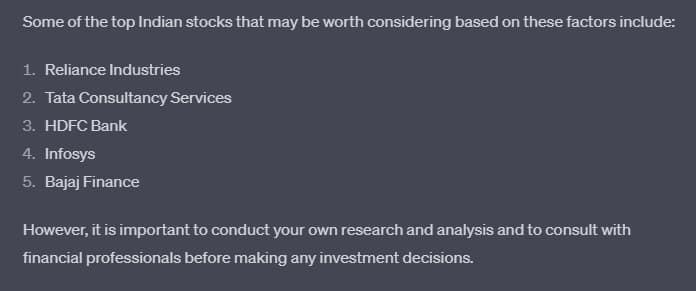
“Any sufficiently advanced technology is indistinguishable from magic.”– Arthur C Clarke (1962)
In the heady days before the advent of computers, young, wide-eyed traders beginning their careers at some of London’s famed stockbroking establishments were given a large blue book and calculator on their first day at work.
But, if the hapless youngsters were caught using the calculator, the blue book would be hurled at them with great force by hardened veteran traders manning the floors.
The lesson? Be razor-sharp with numbers, develop the “trader’s instinct” and don’t depend on a puny device if you want to make it big in the business.
Alas, these admirable attributes declined the introduction of computerised trading. Suddenly, a computer terminal was able to parse reams of data and execute millions of trades before a stockbroker could even shout "buy General Electric".
Not just the calculator and blue book, computers made even humans obsolete on the trading floor.
A similar, if not bigger, seismic shift may be underway, at least for retail investors, with the rise of generative artificial intelligence (AI).
Generative AI tools like ChatGPT, Bard, Dall-E, Midjourney and various others are hogging the limelight with a smorgasbord of innovative applications, inspiring awe and fear in equal measure.
Some early adopters and researchers are also using AI platforms to analyse news reports, US Fed announcements and stock exchange filings. The initial results have been more than encouraging.
But how does AI perform when it comes to stock-picking in the Indian context? And can investors repose faith this digital black box? We decided to dig deeper.
Abracadabra
For the past few weeks, we ran multiple prompts on ChatGPT to find out its top recommendations among Indian stocks. Both the free and paid versions of the OpenAI-developed chatbot were used.
Even though its training data is till September 2021, we figured it would be interesting to see what ChatGPT thinks is worth buying on Dalal Street. And of course, it's not as if the Indian corporate landscape has changed dramatically from end-2021.
However, direct queries on which stocks one should invest in were invariably brushed aside with this anodyne response:

So we decided to get creative with the prompts. In one query, for instance, we asked ChatGPT to imagine it was a world-renowned money manager and at a conference in Mumbai, an audience member posed a question on the best stocks available in India.
Another prompt was:

Much like a genuine conversationalist, ChatGPT perked up in response and began to spew out names (albeit with the usual disclaimers).

It made its preference clear over multiple iterations. Bluechip names like Reliance Industries, TCS, HDFC Bank and Infosys.
The paid version of the chatbot, which has been trained on more parameters than the free-to-use option, too preferred to stick with the market leaders.

Nothing too adventurous. Just limit your exposure to traditional market leaders like TCS, HDFC Bank, ICICI Bank HUL, ITC and others.
Often, the answers veered from specifics to platitudinous advice on how to excel at the hazardous art (and science) of stock-picking.

Understand the market trends, consider the financial health of the company, assess its management track record and gauge its ability to adapt to changing conditions. Nothing terribly new, right?
On follow-up questions on which companies met these criteria, it reverted to its risk-averse stance:

In fact, such was ChatGPT’s bias towards the largecap universe that we began to wonder whether it was aware of any midcap or smallcap names in India at all.
So, the next queries were limited to smaller companies.
Here, however, it was a lot more difficult to get ChatGPT to recommend names, as it kept on listing general factors to consider while picking stocks.
Finally, after many attempts, it did offer some choices:

Behind the veil
Language processing AI models are trained on humongous amounts of text data scraped from the internet.
ChatGPT-3, for example, was trained on a whopping 570 GB of data, with 300 billion words being fed into its system. Its successor ChatGPT-4 is trained on even more data, though OpenAI has, so far, not revealed the specifics.
So when ChatGPT recommends bluechip stocks, does this mean it is just parroting the names most often mentioned in millions of webpages it has crawled?
Daniel Lemire, a leading voice on AI and a computer science professor at the Data Science Laboratory of the Université du Québec (TÉLUQ) in Montreal, said it is certainly possible.
“ChatGPT has not yet shown an ability to quickly adapt to fast-changing information. It makes sense that it would recommend large corporations that have a track record of profitability, but these recommendations could be misleading and potentially dangerous,” he told Moneycontrol.
Lemire, however, added that ChatGPT has shown that large language models (LLMs) have the ability for superior text comprehension.
“This means that it can be used to scour large volumes of text (press releases, annual reports, government announcements, etc) and even data (stock prices and so forth) to potentially identify quickly patterns faster than most human beings ever could. There are already software doing such processing (eg, doing sentiment analysis on text) but it has generally been much more superficial,” he noted.
Which means the tool can be of enormous importance to the common investor, at least for market research.
LLM industry veteran Matt Busigin, who is the co-founder and CTO of Ollie AI and was also an investment advisor in the US, said he uses ChatGPT for household budgeting, corporate budgeting, product management and other tasks.
GPT-4 can be deployed for analysis of data releases and, in particular, natural language such as Fed minutes to make much more rapid post-announcement trading decisions.
“This definitely had alpha through most of 2022 (I was paying attention to this), but using that as an edge will probably be eroded quickly in 2023, and it will result in less market volatility post-announcement or data-release, as the information will be more efficiently processed by the markets,” Busigin told Moneycontrol.
So what is the takeaway from this experiment? Should you use generative AI tools to pick stocks?
It is only appropriate that we let ChatGPT answer this one:

Discover the latest Business News, Sensex, and Nifty updates. Obtain Personal Finance insights, tax queries, and expert opinions on Moneycontrol or download the Moneycontrol App to stay updated!
Find the best of Al News in one place, specially curated for you every weekend.
Stay on top of the latest tech trends and biggest startup news.